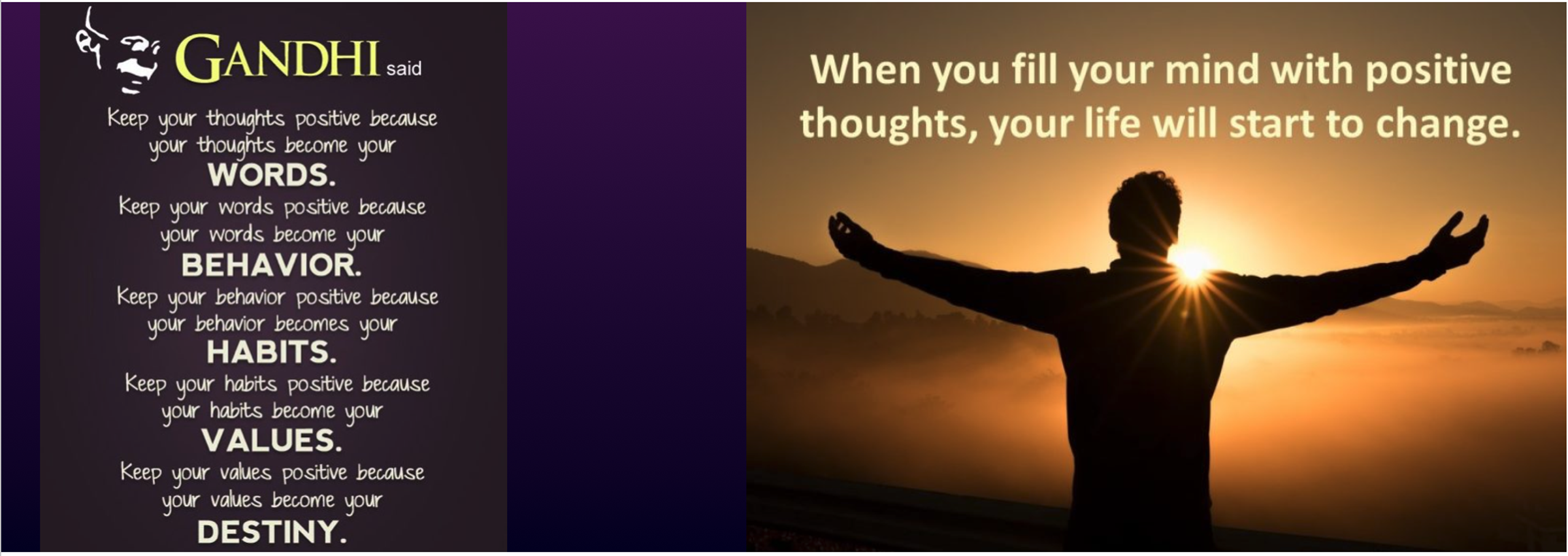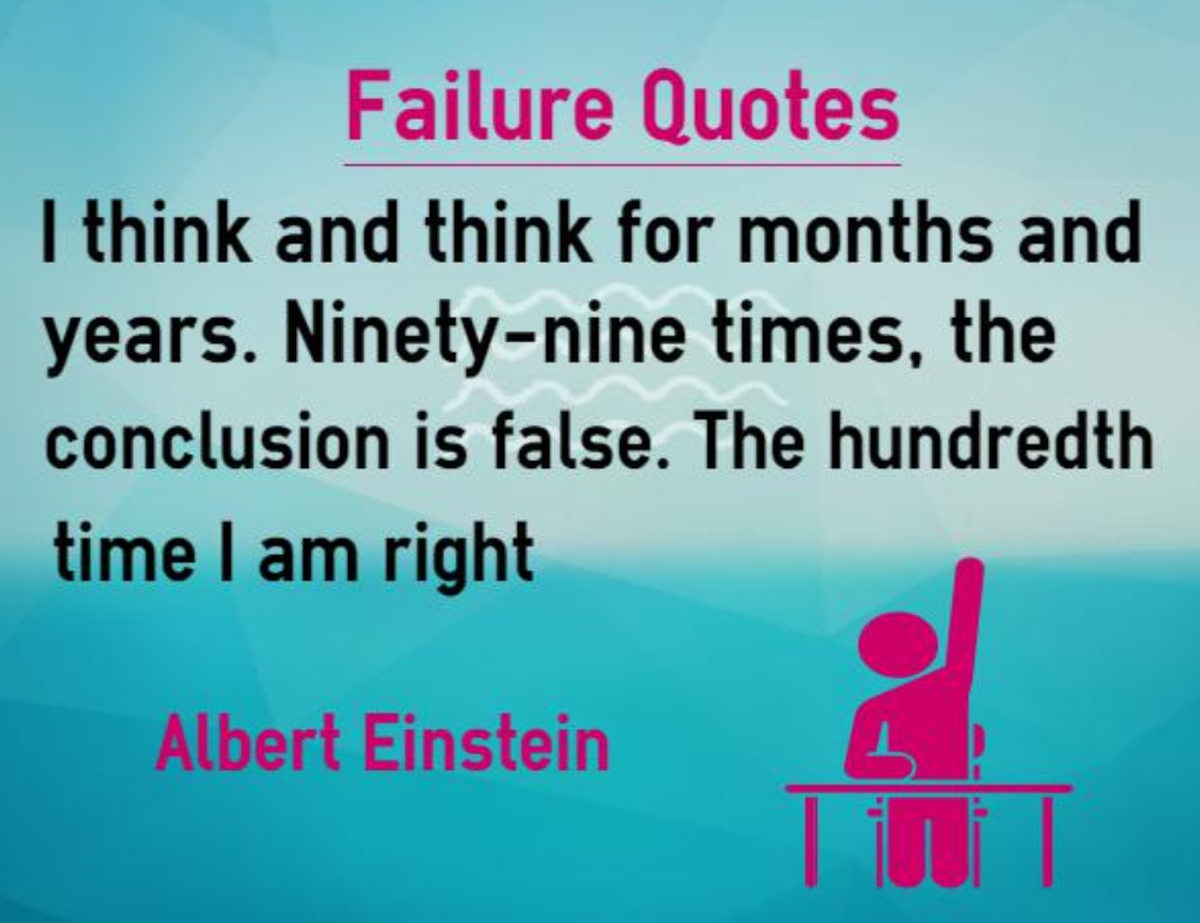Just A Thought:

We tend to believe that failure is always bad. But that's not true. If it were, Einstein would not have developed the theory of relativity; Edison would not have invented the lightbulb; Alexander Graham Bell would not have invented the telephone, and The Beatles would not have become one of the most successful and iconic bands of our time. Rather, we need failures to fuel success. It all depends on how we deal with the failure.
Key Takeaway
Failure is not the problem. It's how we deal with failure that's the problem. We actually need "moments of challenge or trauma to develop resilience. It’s the rocky road, not the smoothed path, that leads to greatness."
We can make simple lifestyle changes to reduce our risk of dementia and disability in later life. These include managing blood pressure, controlling cholesterol, keeping blood sugar normal, getting physically active, eating a healthy diet, losing extra weight, quitting smoking, maintaining social relationships, and managing depression and hearing loss.
"Top athletes – and, it turns out, many others – have a way of turning pain into rocket fuel. The defeat becomes a reason to push themselves even further the next time."
In 2016, UK Sport undertook an investigation into the roots of athletic success. They found "that most athletes suffer a significant setback early in their career, but some react differently to others. For the truly exceptional athletes, who went on to win Olympic medals, the setback enhanced their motivation; for the merely ‘good’, the near miss was discouraging."
Other studies have found that "athletes who just missed out on the top podium spot went on to live longer and more successful lives than those who won. Silver medallists were more ambitious in their post-sport careers, finding better-paid jobs. By the age of 80, about half of them were still alive, compared to about a third of gold medallists."
The same patterns shows up for scientists: The scientists who had just missed out on funding early in their careers went on to publish more high-impact papers than those whose funding had just scraped through.
"Childhood setbacks may have a similar effect on the arc of a life. In a study entitled Parental Loss and Achievement, the psychologist Marvin Eisenstadt found that from a random sample of 573 eminent people who merited more than one column in encyclopaedias, nearly half had had a parent die before they were 20."
"These are extreme examples, in every sense, but in general, we tend to underestimate the extent to which some kind of disadvantage or setback can, paradoxically, catapult people into higher achievement."
"High achievers seem to find a way to perform a kind of mental alchemy, turning loss and disappointment into motivation."
"The flip side is that some who grow up with all their material needs met sometimes lack drive and direction as adults. That’s why some experts in talent development worry that children are not even being given the chance to experience setbacks."
What is the moral of this story?
We need "moments of challenge or trauma to develop resilience. It’s the rocky road, not the smoothed path, that leads to greatness."
Perhaps Friedrich Nietzsche was right: what doesn’t kill us makes us stronger."
Reference:
Leslie, I. (2019, July 9). Why suffering setbacks could make you more successful. BBC Capital, Bright Sparks. Retrieved July 9, 2019 from http://www.bbc.com/capital/story/20190703-why-suffering-setbacks-could-make- you-more-successful?
"What You Do For Yourself Dies With You When You Leave This World, What You Do For Others Lives On Forever."
Sir Ken Robinson, 'The Element', 2009

